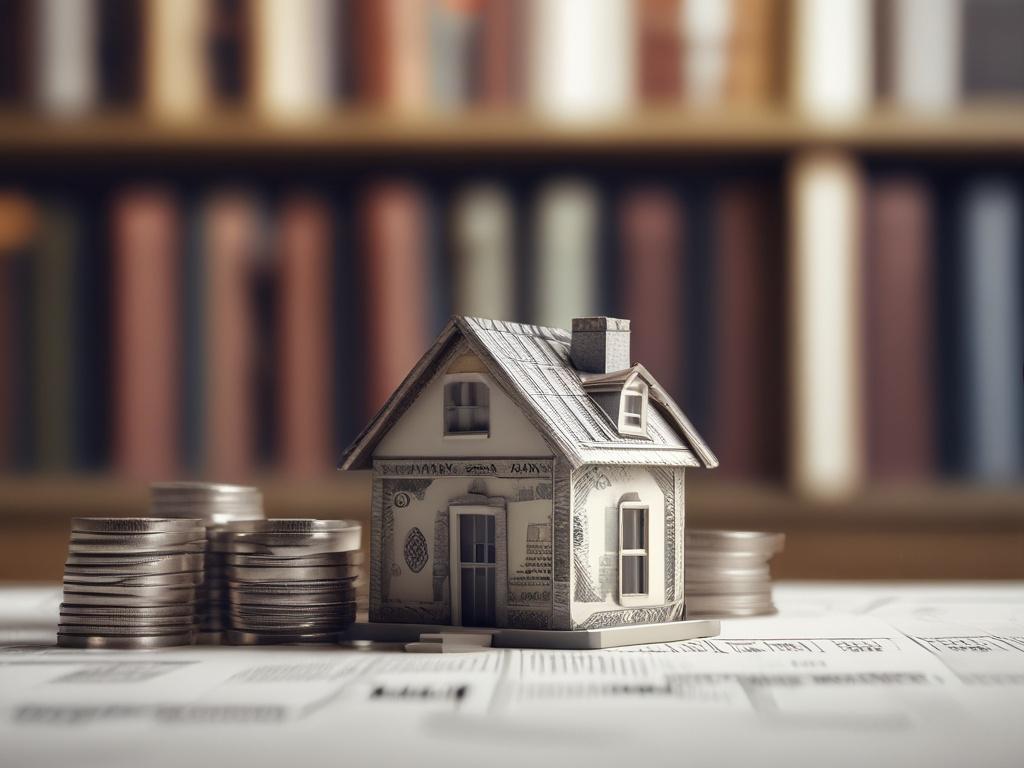
Buying an investment property can be a powerful wealth-building strategy, but it requires careful consideration and planning. While real estate offers the potential for long-term capital growth and rental income, it also brings a host of financial responsibilities that must be managed wisely. Before diving into the property market, it's crucial to assess your financial readiness to ensure you’re making a sound investment that aligns with your goals.
In this blog post, we’ll guide you through the essential steps to determine if you can afford an investment property. From understanding your borrowing capacity and factoring in both upfront and ongoing costs to budgeting realistically for repairs and renovations, we’ll equip you with the knowledge needed to navigate the complexities of property investment confidently. By arming yourself with this information, you can embark on your investment journey with your eyes wide open, ready to seize the opportunities that lie ahead.
Understanding your borrowing capacity for investment property success
Before diving into the investment property market, it’s crucial to understand your borrowing capacity. This capacity isn't just a number; it reflects your financial situation, including your income, expenses, existing debts, and credit history. By working closely with a mortgage broker, you can gain clarity on how much lenders are willing to extend to you. They will assess your current financial standing, as well as any plans you have to utilize a cash deposit or equity from an existing property. This comprehensive evaluation will provide you with a solid foundation for making informed investment decisions.
Additionally, a mortgage broker will run various scenarios to prepare you for potential fluctuations in rental income or times when the property may be vacant. Understanding these factors helps ensure that your investment loan remains manageable, even in challenging circumstances. Your broker can also guide you in choosing the right loan type—whether it be interest-only, fixed, or variable—based on your long-term wealth-building strategy. Armed with this knowledge and pre-approval for your investment loan, you'll enter the property market with confidence and clarity.
Factoring in upfront and ongoing costs to safeguard your investment
Buying an investment property requires careful consideration of both upfront and ongoing costs that can significantly impact your financial health. Upfront expenses often include stamp duty, legal and conveyancing fees, loan setup fees, and possibly lenders mortgage insurance (LMI) if your deposit is less than 20%. These costs can add up quickly and should be factored into your overall budget before making a commitment. Furthermore, conducting pest and building inspections can uncover potential issues that might affect your investment decision. Being well-informed about these initial costs means you can set aside enough funds and avoid surprises down the line.
Once you've acquired your property, the financial responsibilities continue with ongoing costs that require diligent planning. Regular expenses such as council rates, water charges, strata or body corporate fees, property management fees, and landlord insurance can strain your cash flow, especially if your property experiences vacancies. To mitigate risks, it’s essential to create a financial buffer that covers at least three months of expenses. This cushion will help you manage your investment effectively, even during unexpected situations. By accounting for both upfront and ongoing costs, you safeguard your investment and position yourself for long-term success in the real estate market.
Budgeting realistically for repairs and renovations to maximize returns
Budgeting for repairs and renovations is crucial to ensuring your investment property remains profitable over the long term. Many new investors underestimate the costs associated with maintenance and upgrades, which can drastically affect their cash flow and overall return on investment. By setting aside a contingency fund, ideally 10-15% of your renovation budget, you prepare yourself for any unexpected expenses that may arise. This proactive approach not only protects your financial health but also allows you to make necessary enhancements that can increase your property's value and appeal to potential renters.
Furthermore, consider the potential for renovations to enhance your borrowing power. Well-planned upgrades can make your property more attractive, allowing you to command higher rental rates or even support refinancing options that increase your investment capital. Consulting with your mortgage broker before undertaking extensive renovations can provide insight into whether refinancing or topping up your loan is feasible and worthwhile. Always weigh the expected rental returns and potential capital growth against the upfront renovation costs to make informed decisions that align with your investment strategy.